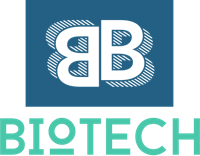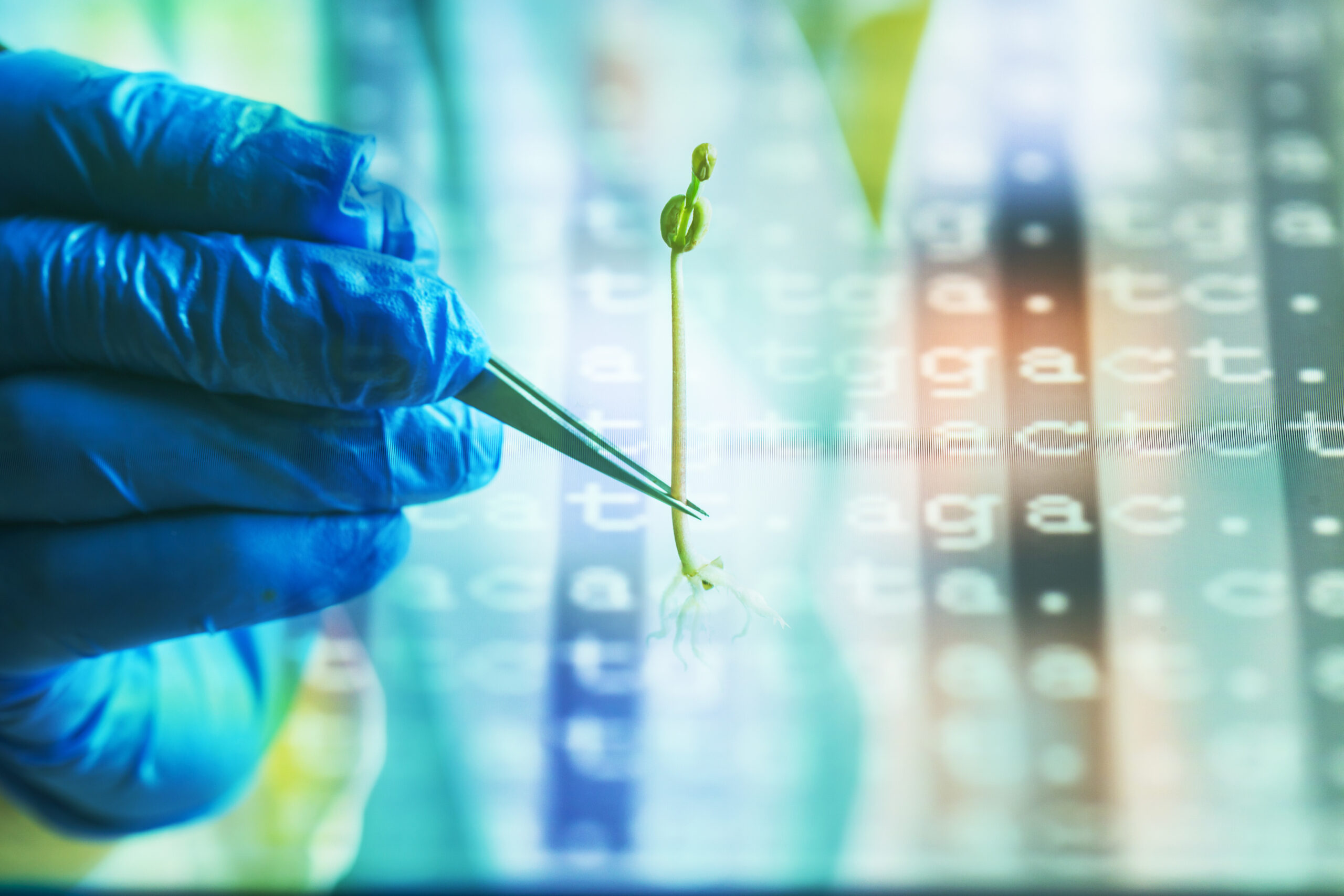Artificial intelligence (AI) is redefining the biotech landscape, offering the promise of faster, more cost-effective drug discovery. While traditional drug development can take over a decade and billions of dollars to bring a single therapy to market, AI-driven platforms are streamlining the process by accelerating target identification, molecular design, and preclinical validation. The result? A rapidly growing field where companies are racing to reshape the future of medicine.
The COVID-19 pandemic served as a turning point, highlighting AI’s ability to deliver results at record speed. Since then, AI has contributed to breakthroughs like the discovery of abaucin, a novel antibiotic targeting drug-resistant bacteria, and the first-ever AI-designed drug candidate to enter human clinical trials.
With a global AI in drug discovery market projected to grow at a CAGR of nearly 30% through 2030—reaching tens of billions of dollars in value—biotech companies are investing heavily in AI platforms. From early-stage drug design to trial prediction and personalized therapies, here are seven AI drug discovery companies making waves in 2025.
1. Anima Biotech
Technology: mRNA biology modulators
Focus areas: Immunology, oncology, neuroscience
Notable partnerships: Eli Lilly, Takeda, AbbVie
Anima Biotech is pioneering mRNA-targeted drug discovery through its Lightning.AI platform, which uses high-content imaging and neural networks to analyze mRNA translation within cells. This allows for disease-specific target identification by mapping dysregulated cellular pathways in real time.
With 20 preclinical programs, its most advanced candidate targets idiopathic pulmonary fibrosis and showed promising data in early 2024. Anima’s expanding pharma collaborations, most recently with AbbVie, position it as a key innovator in mRNA therapeutics—a space historically dominated by vaccines but now branching into complex disease areas.
2. Atomwise
Technology: Structure-based drug design using AtomNet
Focus areas: Autoimmune and inflammatory diseases
Key partners: Sanofi
Atomwise aims to make drug discovery less about chance and more about structure. Its AtomNet platform—a deep learning model trained on molecular structures—scans a proprietary chemical library of over three trillion compounds to identify potential candidates.
In 2024, Atomwise published data showing its AI model identified hits for 235 of 318 difficult targets, outperforming traditional high-throughput screening methods. Its lead program, a TYK2 inhibitor for autoimmune disorders, is poised to enter clinical trials—potentially offering a new treatment avenue for diseases like lupus and psoriasis.
3. BPGbio
Technology: Causal AI and nanodispersion drug delivery
Focus areas: Oncology, neurology, rare diseases
Recent milestone: 5-year research partnership with the University of Oxford
Named “BioTech AI Company of the Year” in 2024, BPGbio utilizes NAi Interrogative Biology™, a platform powered by the world’s fastest supercomputer and one of the largest private biobanks. After acquiring BERG’s assets, the company is now advancing BPM31510, a CoQ10-based nanodispersion therapy in phase 2 trials for glioblastoma and pancreatic cancer.
The platform’s ability to identify mitochondrial dysfunction as a therapeutic target has led to orphan drug designations and rare pediatric approvals. BPGbio’s collaborations with AstraZeneca, Boehringer Ingelheim, and now Oxford reflect its broad ambition to tackle diseases with unmet needs through AI-accelerated pathways.
4. Cradle Bio
Technology: Generative AI for protein engineering
Focus areas: Biotherapeutics, diagnostics, agriculture, food, chemicals
Funding: $73 million raised in series B
Cradle Bio is redefining protein design by combining generative AI with a proprietary wet lab to rapidly optimize protein-based products. The company’s models, trained on billions of protein sequences, support a wide range of applications, from vaccine development to enzyme optimization.
Cradle functions as a platform partner to pharma giants like Novo Nordisk and Johnson & Johnson. Its recent $73 million series B funding will support deeper R&D efforts across both health and non-health sectors, reflecting the expanding scope of AI-driven protein engineering beyond just medicine.
5. Iktos
Technology: AI and robotics for small molecule discovery
Focus areas: Autoimmune diseases, oncology, obesity
Key tools: Makya, Spaya, Ilaka
Paris-based Iktos is betting on full-stack automation to transform drug discovery. Its suite of AI platforms works in tandem—Makya designs molecules, Spaya handles retrosynthesis, and Ilaka orchestrates the entire workflow including robotic synthesis.
Iktos has over 50 partnerships, including with Pfizer, Janssen, and Merck. The company is also expanding into end-to-end services via Iktos Robotics, which launched after a $16.4 million series A raise. With a recent EIC grant and a collaboration with Cube Biotech on Amylin receptor agonists, Iktos is pushing to fully automate early drug development.
6. Insilico Medicine
Technology: AI-integrated drug discovery suite (Pharma.AI)
Focus areas: Fibrosis, cancer, infectious diseases
Recent milestone: First AI-designed drug to enter phase 2 trials
Insilico is among the few companies using AI across every stage of drug development—from target discovery (via PandaOmics) to molecule generation (Chemistry42) and clinical trial simulation (InClinico).
In 2023, its lead candidate for idiopathic pulmonary fibrosis, INS018_055, became the first fully AI-designed drug to reach phase 2 trials. The company followed this up with a $110 million series E round in 2025 and has ongoing collaborations with Sanofi worth up to $1.2 billion. Insilico is proving that AI isn’t just hype—it’s a clinical reality.
7. insitro
Technology: Machine learning on functional genomic data
Focus areas: Neuroscience, metabolic diseases
Recent partnerships: Eli Lilly, BMS, Gilead
insitro combines machine learning with large-scale, human-derived datasets to predict disease mechanisms and therapeutic responses. This precision enables the company to develop targeted therapies with a higher probability of success.
Recent deals include a collaboration with Eli Lilly to tackle metabolic diseases like MASLD and a milestone payment from BMS for ALS target validation. The company’s $400 million series C round backs its platform expansion, with a focus on turning its predictive models into approved therapies.
Looking Ahead
While the field has grown at breakneck speed, skepticism remains about whether the current AI drug discovery boom will yield widespread clinical success. Critics question whether the models can account for the complexities of human biology or if the field is nearing a hype-fueled plateau.
However, as BPGbio CEO Niven R. Narain aptly put it, the challenge lies less in AI itself and more in how it’s applied: “Think of AI as the teamwork and coaching that enable players to reach their full potential.”
With continued investment, rigorous validation, and strategic collaboration, these companies—and others like them—are proving that AI can do more than assist in drug discovery. It can fundamentally reshape it.





